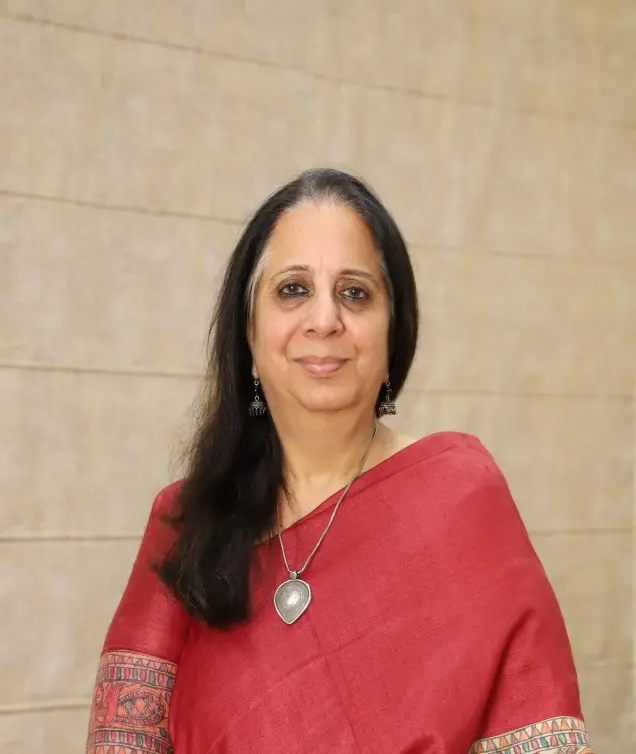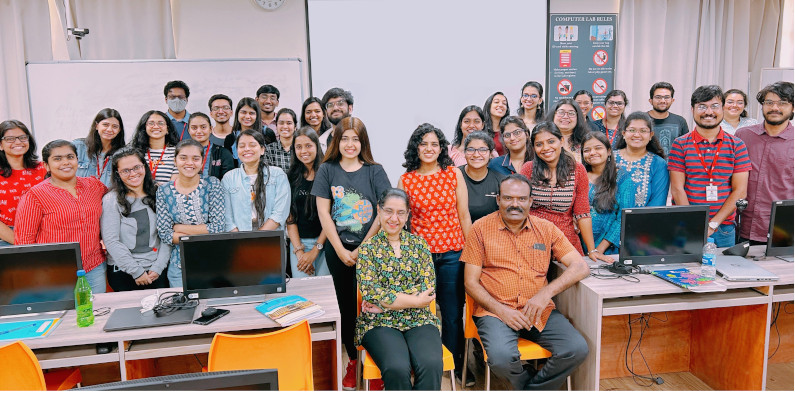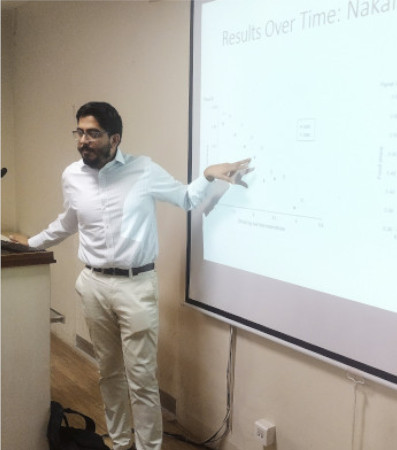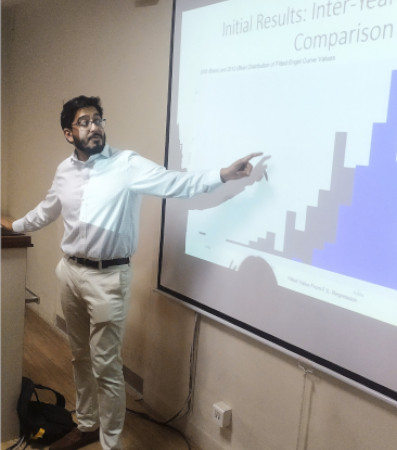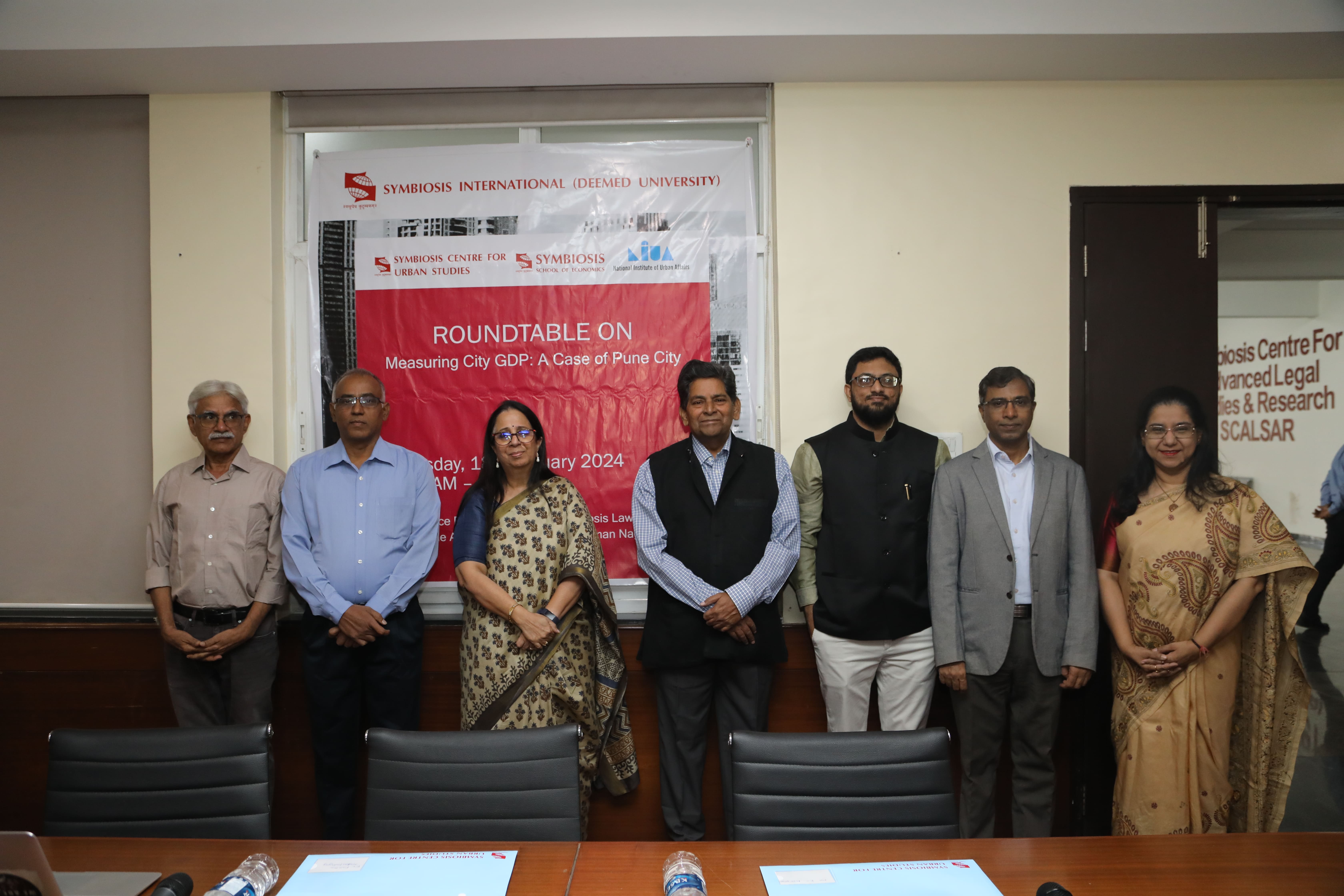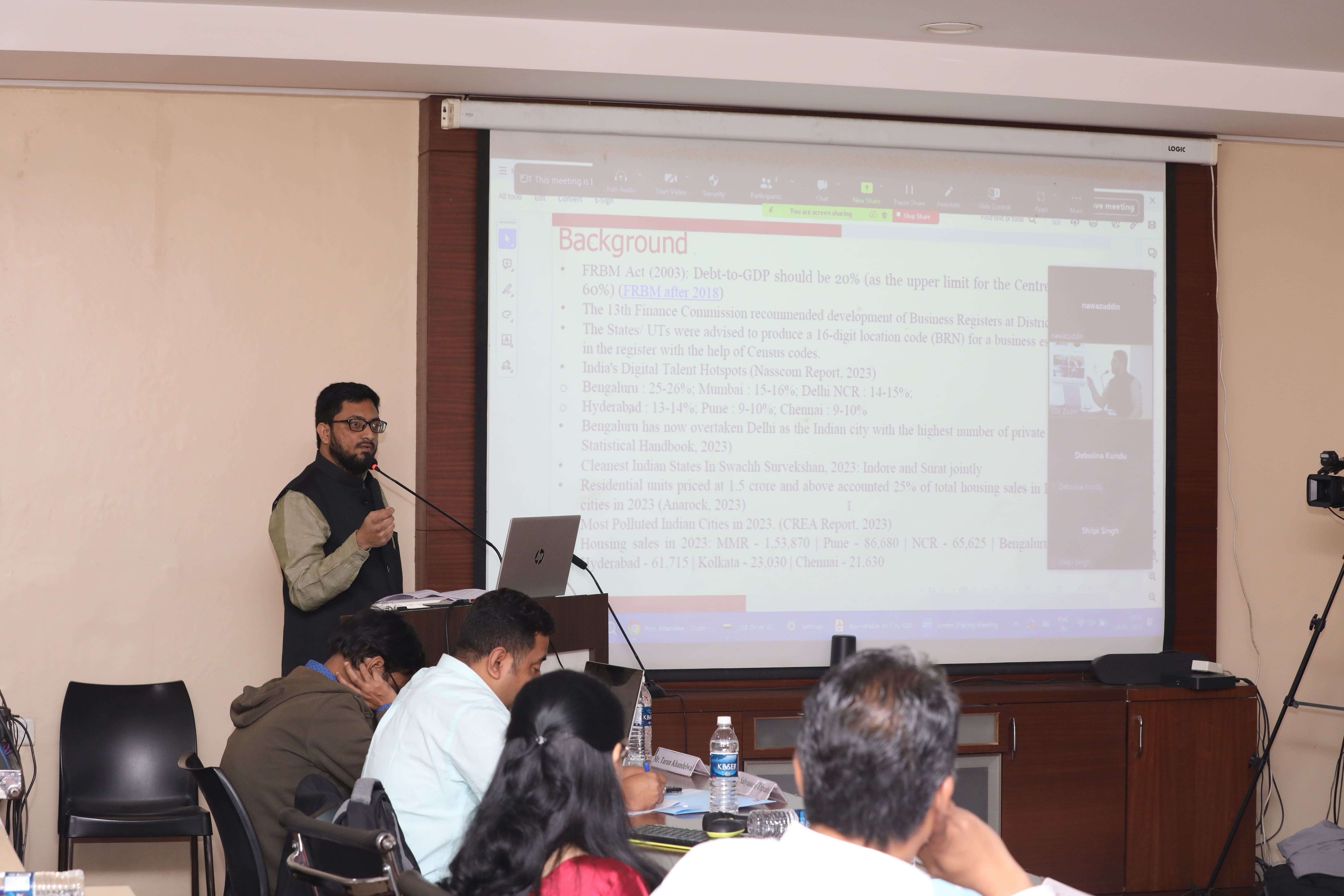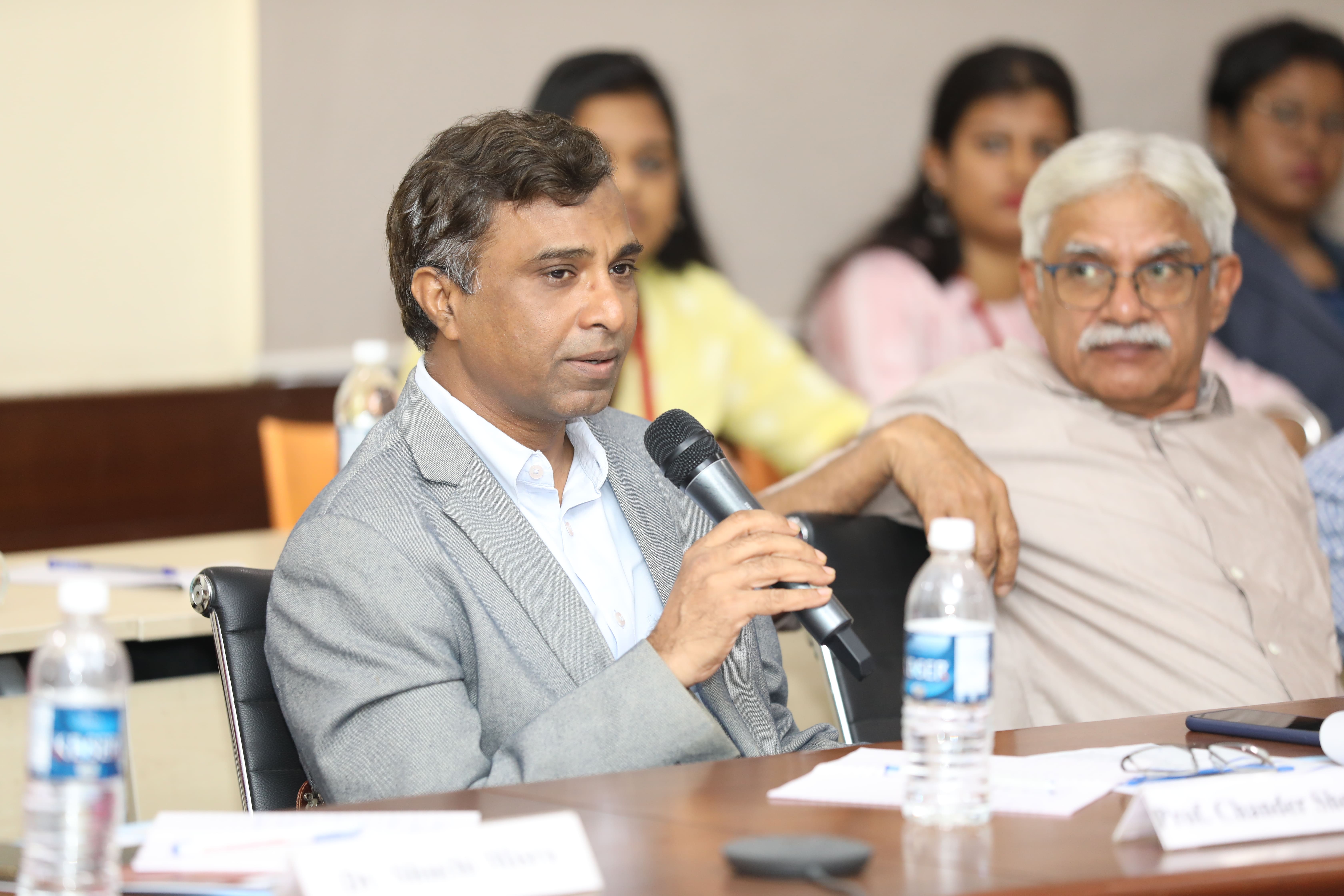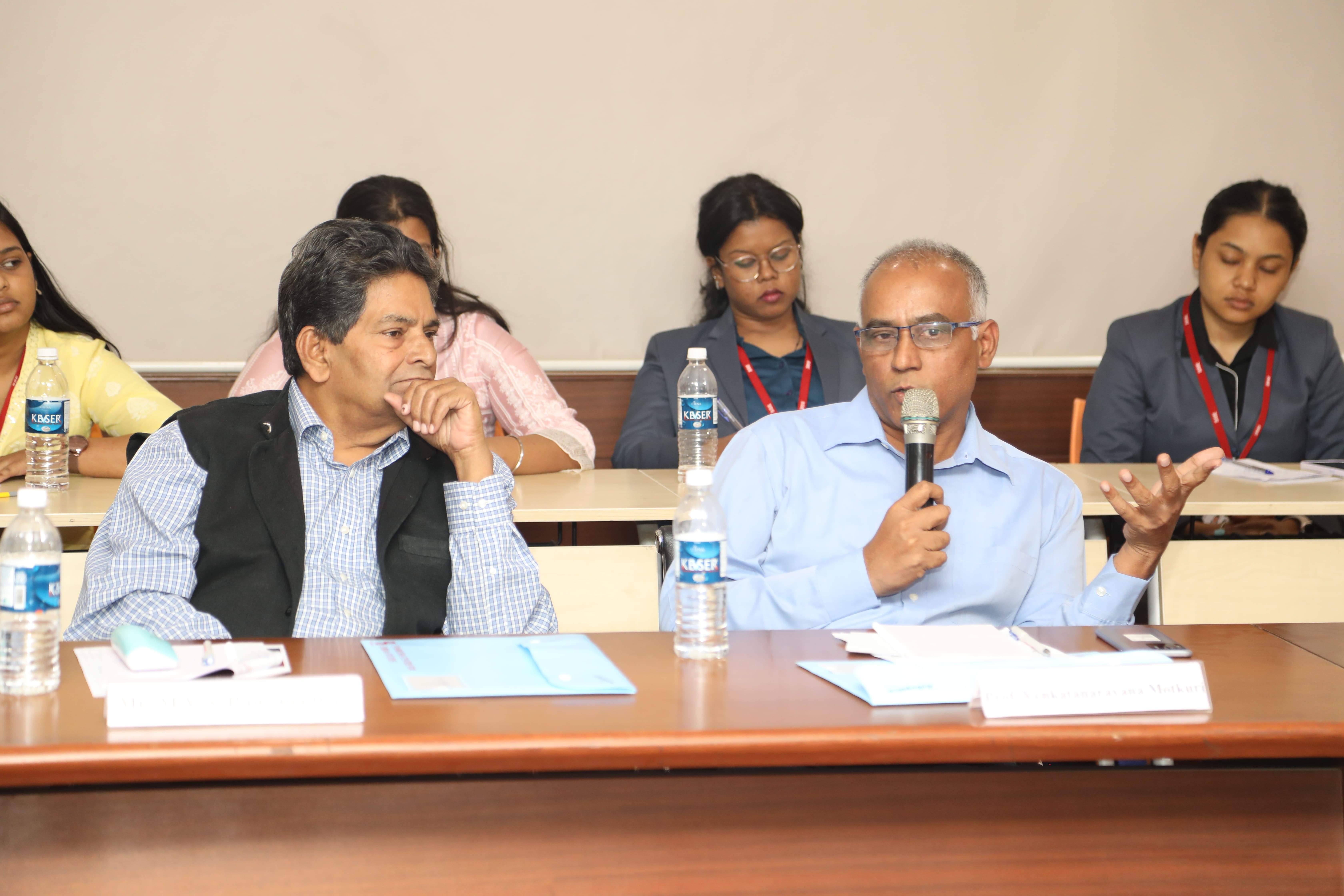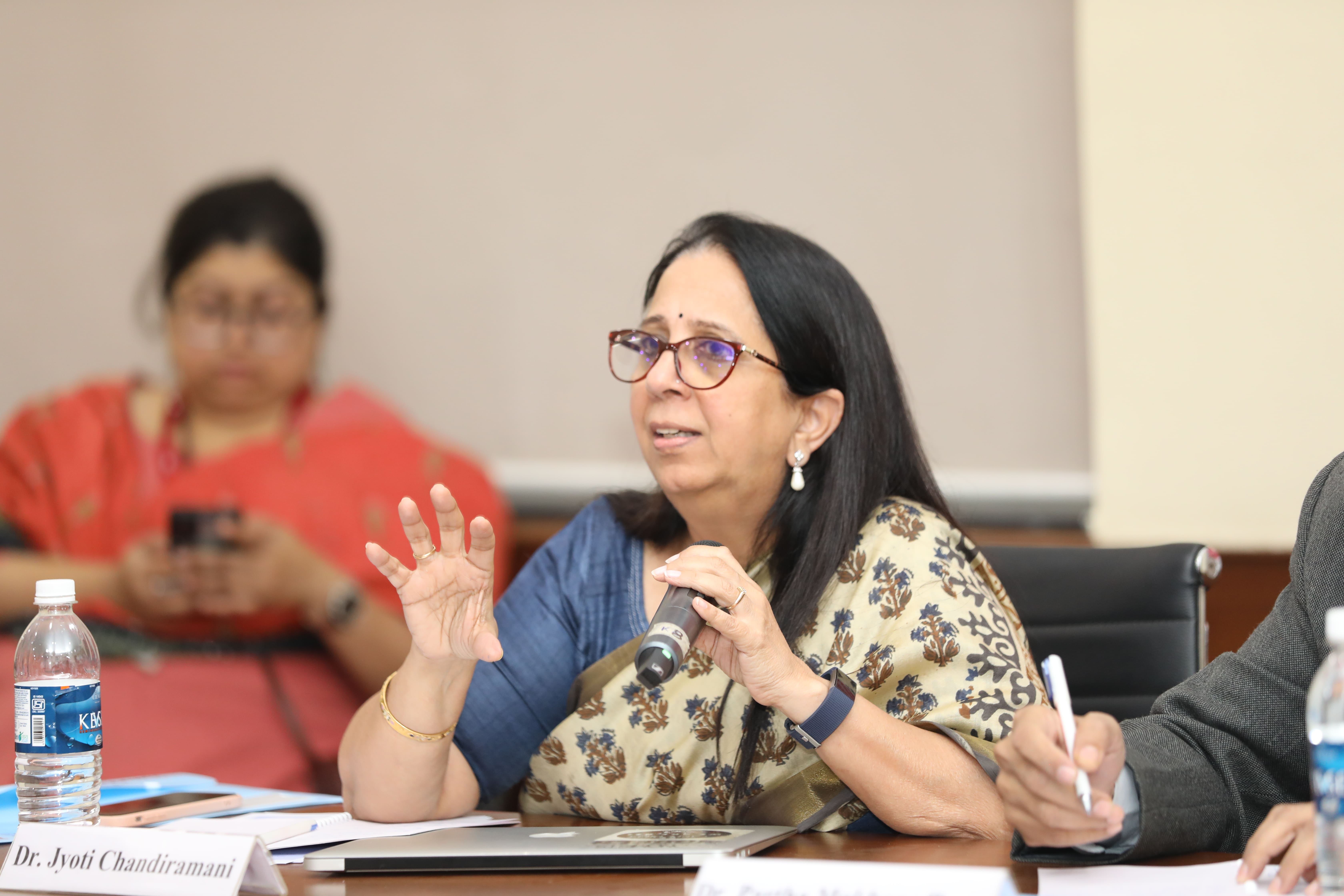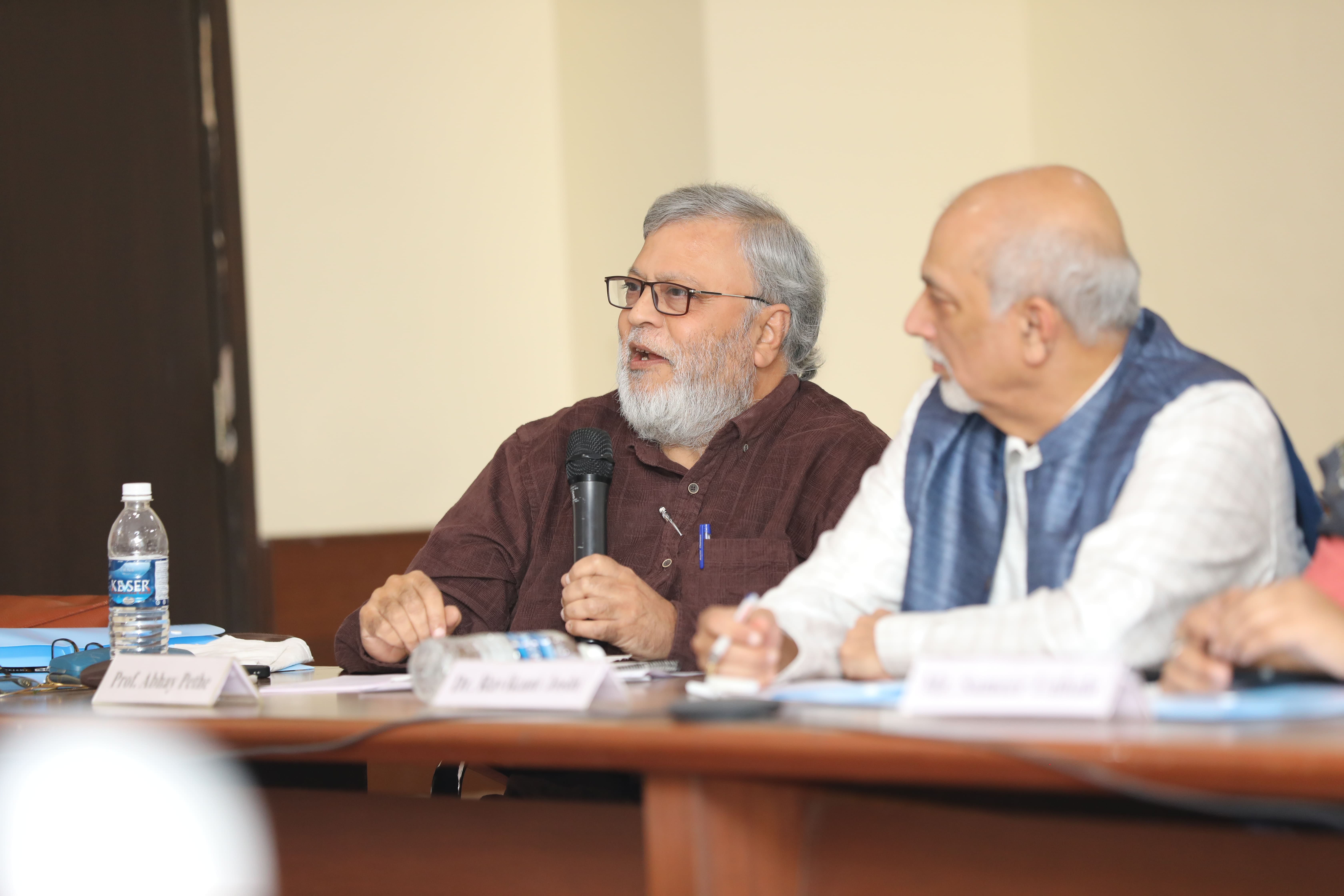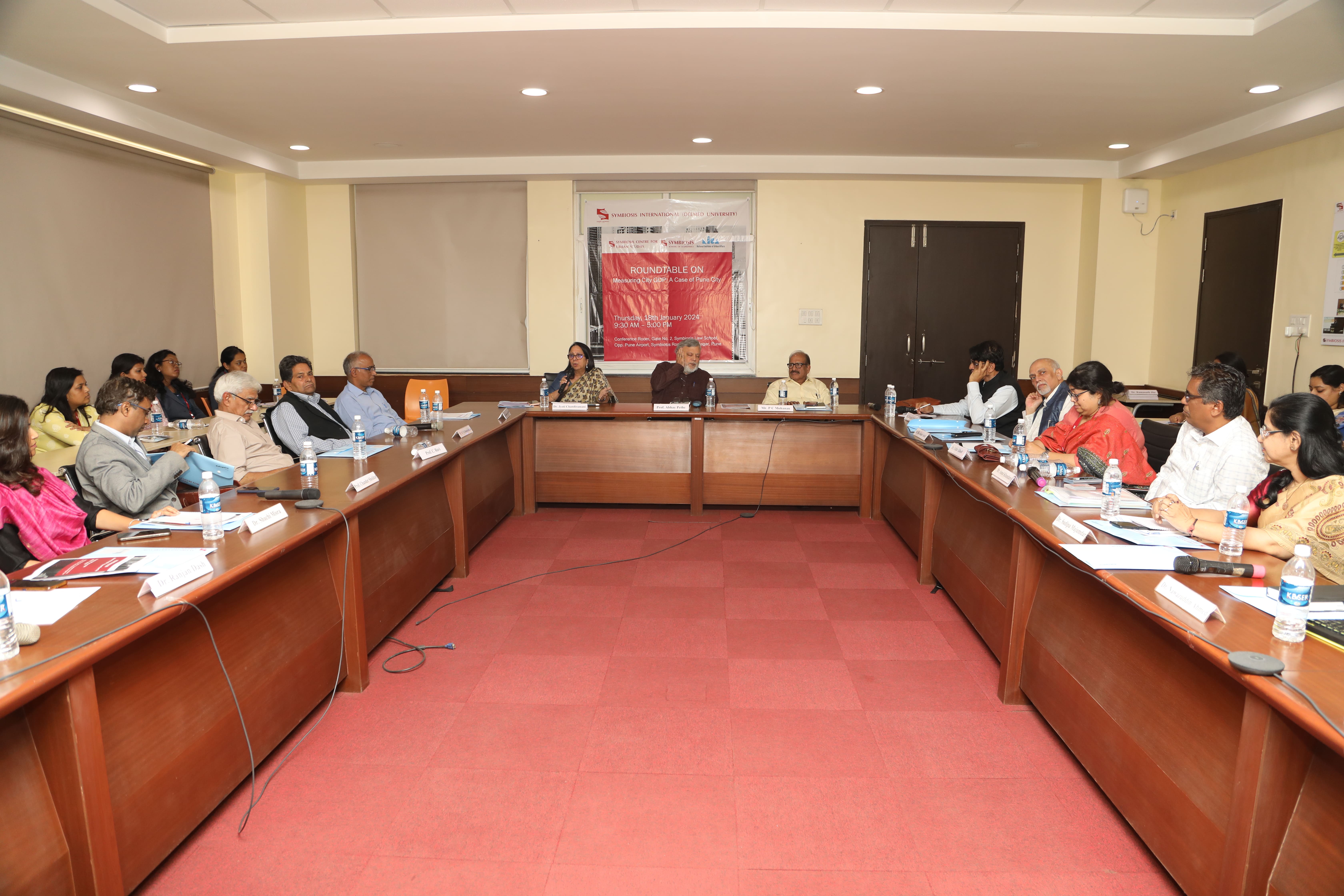**The following codes are case-sensitive from this point onward. I suggest copying all the codes and pasting them into a do file.
**********************PLFS-2017-18*********************
cd "D:\Hard Drive\toshiba_PLFS\2017_18" //Give your own directory name
infile using "D:\Hard Drive\toshiba_PLFS\2017_18\HHFV.dct",clear
isid fsu samplesbno sssno shno
gen hhid=fsu+samplesbno+sssno+shno
bysort hhid: gen dup=cond(_N==1, 0, _n)
save hh_fv_17_18
infile using "D:\Hard Drive\toshiba_PLFS\2017_18\HHRV.dct",clear
isid fsu samplesbno sssno shno
gen hhid=fsu+samplesbno+sssno+shno
bysort hhid: gen dup=cond(_N==1, 0, _n)
save hh_rv_17_18
infile using "D:\Hard Drive\toshiba_PLFS\2017_18\PERFV.dct",clear
isid fsu samplesbno sssno shno prsn_srl
gen hhid=fsu+samplesbno+sssno+shno
gen psid=hhid+prsn_srl
save per_fv_17_18
infile using "D:\Hard Drive\toshiba_PLFS\2017_18\PERRV.dct",clear
isid fsu samplesbno sssno shno prsn_srl
gen hhid=fsu+samplesbno+sssno+shno
gen psid=hhid+prsn_srl
save per_rv_17_18
use hh_fv_17_18,clear
merge 1:m hhid using per_fv_17_18
drop _merge
save hhind_fv_17_18
use hh_rv_17_18,clear
merge 1:m hhid visit using per_rv_17_18
drop _merge
save hhind_rv_17_18
*______Making Rotational Panel_1_______*
use hhind_fv_17_18,clear //First Visit HH and Individual Merged File
gen panelid="P11" if quartr=="Q1" //Create Panel id
replace panelid="P12" if quartr=="Q2"
replace panelid="P13" if quartr=="Q3"
replace panelid="P14" if quartr=="Q4"
**Give Prefix to all variables: 'fv' stands for first visit
foreach x of var * {
rename `x' fv_`x'
}
**However, for merging remove prefix from the following variables
ren (fv_hhid fv_psid fv_panelid) (hhid psid panelid)
**since rotational panel is only for urban areas, keep urban data only**
keep if fv_sect=="2"
save fv_17_18
use hhind_rv_17_18,clear //Revisit HH and Individual Merged File
gen panelid="P11" if quartr=="Q2" & visit=="V2" //Create Panel Ids as we did in 'first visit' file
replace panelid="P11" if quartr=="Q3" & visit=="V3"
replace panelid="P11" if quartr=="Q4" & visit=="V4"
replace panelid="P12" if quartr=="Q3" & visit=="V2"
replace panelid="P12" if quartr=="Q4" & visit=="V3"
replace panelid="P13" if quartr=="Q4" & visit=="V2"
***Now give prefix to variables 'rv' for revisit
foreach x of var * {
rename `x' rv_`x'
}
***Again, remove prefix from some variables
ren (rv_hhid rv_psid rv_panelid) (hhid psid panelid)
save rv_17_18 //save as revisit file
***Merge first visit and revisit file
use fv_17_18,clear
merge 1:m panelid psid using rv_17_18
***Don't run: it's output
Result # of obs.
not matched 51,386
from master 49,416 (_merge==1)
from using 1,970 (_merge==2)
matched 270,590 (_merge==3)
***************
save rotational_1_17_18 //this is first rotational panel
************Repeat same with 2018-19 with some additional steps**************************
**************2018-2019***********************
cd "F:\toshiba_PLFS\2018_19"
infile using "F:\toshiba_PLFS\2018_19\HHfv_18_19.dct",clear
isid fsu samplesbno sssno shno
gen hhid=fsu+samplesbno+sssno+shno
bysort hhid: gen dup=cond(_N==1, 0, _n)
save hh_fv_18_19
infile using "F:\toshiba_PLFS\2018_19\HHrv_18_19.dct",clear
isid fsu samplesbno sssno shno
gen hhid=fsu+samplesbno+sssno+shno
bysort hhid: gen dup=cond(_N==1, 0, _n)
save hh_rv_18_19
infile using "F:\toshiba_PLFS\2018_19\PERfv_18_19.dct",clear
isid fsu samplesbno sssno shno prsn_srl
gen hhid=fsu+samplesbno+sssno+shno
gen psid=hhid+prsn_srl
save per_fv_18_19
infile using "F:\toshiba_PLFS\2018_19\PERrv_18_19.dct",clear
isid fsu samplesbno sssno shno prsn_srl visit
gen hhid=fsu+samplesbno+sssno+shno
gen psid=hhid+prsn_srl
save per_rv_18_19
use hh_fv_18_19,clear
merge 1:m hhid using per_fv_18_19
drop _merge
save hhind_fv_18_19
use hh_rv_18_19,clear
merge 1:m hhid visit using per_rv_18_19
drop _merge
save hhind_rv_18_19
*______Making Rotational Panel_2_______*
use hhind_fv_18_19,clear //use first visit HH and Individual merged file
gen panelid="P15" if quartr=="Q5" //create panel Id
replace panelid="P16" if quartr=="Q6"
replace panelid="P17" if quartr=="Q7"
replace panelid="P18" if quartr=="Q8"
***Give Prefix
foreach x of var * {
rename `x' fv_`x'
}
ren (fv_hhid fv_psid fv_panelid) (hhid psid panelid)
**Keep Urban Data Only
keep if fv_sect=="2"
save fv_18_19
use hhind_rv_18_19,clear
gen panelid="P14" if quartr=="Q5" & visit=="V2" //Generate Panel ID
replace panelid="P13" if quartr=="Q5" & visit=="V3"
replace panelid="P12" if quartr=="Q5" & visit=="V4"
replace panelid="P15" if quartr=="Q6" & visit=="V2"
replace panelid="P14" if quartr=="Q6" & visit=="V3"
replace panelid="P13" if quartr=="Q6" & visit=="V4"
replace panelid="P16" if quartr=="Q7" & visit=="V2"
replace panelid="P15" if quartr=="Q7" & visit=="V3"
replace panelid="P14" if quartr=="Q7" & visit=="V4"
replace panelid="P17" if quartr=="Q8" & visit=="V2"
replace panelid="P16" if quartr=="Q8" & visit=="V3"
replace panelid="P15" if quartr=="Q8" & visit=="V4"
**Give Prefix
foreach x of var * {
rename `x' rv_`x'
}
ren (rv_hhid rv_psid rv_panelid) (hhid psid panelid)
save rv_18_19
**Merge First Visit and Re-visit File
use fv_18_19,clear
merge 1:m panelid psid using rv_18_19
**Don't Run: It is output
Result # of obs.
_merge
| panelid |
master on |
using onl |
Total |
|
|
| P12 |
|
0 |
0 |
44,208 |
0 |
|
|
44,208 |
|
|
|
|
|
| P13 |
|
0 |
|
88,880 |
0 |
|
|
88,880 |
|
|
|
|
|
| P14 |
|
0 |
|
133,380 |
0 |
|
|
133,380 |
|
|
|
|
|
| P15 |
|
776 |
|
836 |
|
131,739 |
|
133,351 |
|
|
|
|
|
| P16 |
|
943 |
|
466 |
|
87,781 |
|
89,190 |
|
|
|
|
|
| P17 |
|
9 |
|
149 |
|
45,825 |
|
45,983 |
|
|
|
|
|
| P18 |
|
44,846 |
0 |
|
0 |
|
|
44,846 |
|
|
|
|
|
| Total |
|
46,574 |
267,919 |
|
265,345 |
579,838 |
save rotational_2_18_19 //This is the second file
********************Repeat above steps with 2019-2020 data**************************
**************2019-2020***********************
cd "F:\toshiba_PLFS\2019-2020"
infile using "F:\toshiba_PLFS\2019-2020\HHfv_19_20.dct",clear
isid fsu samplesbno sssno shno
gen hhid=fsu+samplesbno+sssno+shno
bysort hhid: gen dup=cond(_N==1, 0, _n)
save hh_fv_19_20
infile using "F:\toshiba_PLFS\2019-2020\HHrv_19_20.dct",clear
isid fsu samplesbno sssno shno visit
gen hhid=fsu+samplesbno+sssno+shno
bysort hhid: gen dup=cond(_N==1, 0, _n)
save hh_rv_19_20
infile using "F:\toshiba_PLFS\2019-2020\PERfv_19_20.dct",clear
isid fsu samplesbno sssno shno prsn_srl
gen hhid=fsu+samplesbno+sssno+shno
gen psid=hhid+prsn_srl
save per_fv_19_20
infile using "F:\toshiba_PLFS\2019-2020\PERrv_19_20.dct",clear
isid fsu samplesbno sssno shno prsn_srl visit
gen hhid=fsu+samplesbno+sssno+shno
gen psid=hhid+prsn_srl
save per_rv_19_20
use hh_fv_19_20,clear
merge 1:m hhid using per_fv_19_20
drop _merge
save hhind_fv_19_20
use hh_rv_19_20,clear
merge 1:m hhid visit using per_rv_19_20
drop _merge
save hhind_rv_19_20
*______Making Rotational Panel_3_______*
cd "F:\toshiba_PLFS\2019-2020"
use hhind_fv_19_20,clear
gen panelid="P21" if quartr=="Q1"
replace panelid="P22" if quartr=="Q2"
replace panelid="P23" if quartr=="Q3"
replace panelid="P24" if quartr=="Q4"
foreach x of var * {
rename `x' fv_`x'
}
ren (fv_hhid fv_psid fv_panelid) (hhid psid panelid)
keep if fv_sect=="2"
save fv_19_20
use hhind_rv_19_20,clear
gen panelid="P21" if quartr=="Q2" & visit=="V2"
replace panelid="P21" if quartr=="Q3" & visit=="V3"
replace panelid="P16" if quartr=="Q1" & visit=="V4"
replace panelid="P22" if quartr=="Q3" & visit=="V2"
replace panelid="P22" if quartr=="Q4" & visit=="V3"
replace panelid="P17" if quartr=="Q1" & visit=="V3"
replace panelid="P17" if quartr=="Q2" & visit=="V4"
replace panelid="P23" if quartr=="Q4" & visit=="V2"
replace panelid="P18" if quartr=="Q1" & visit=="V2"
replace panelid="P18" if quartr=="Q2" & visit=="V3"
replace panelid="P18" if quartr=="Q3" & visit=="V4"
foreach x of var * {
rename `x' rv_`x'
}
ren (rv_hhid rv_psid rv_panelid) (hhid psid panelid)
save rv_19_20
use fv_19_20,clear
merge 1:m panelid psid using rv_19_20
tab panelid _merge
_merge
| panelid |
master on |
using onl |
Total |
|
|
| P16 |
0 |
43,010 |
0 |
|
43,010 |
|
| P17 |
0 |
89,508 |
0 |
|
89,508 |
|
| P18 |
0 |
130,646 |
0 |
|
130,646 |
|
| P21 |
429 |
943 |
|
130,537 |
131,909 |
|
| P14 |
|
0 |
|
133,380 |
0 |
|
| P22 |
977 |
392 |
|
86,438 |
87,807 |
|
| P23 |
1,391 |
122 |
|
41,567 |
43,080 |
|
| P24 |
44,447 |
0 |
|
0 |
|
44,447 |
| Total |
47,244 |
264,621 |
|
258,542 |
570,407 |
|
save rotational_3_19_20
*Creating Visit-wise Files. We can directly start combining visit-wise files from Step 1 as an alternative
cd "F:\Hard_Drive_Toshiba\toshiba_PLFS\2018_19"
use "rotational_2_18_19",clear
append using "F:\Hard_Drive_Toshiba\toshiba_PLFS\2019-2020\rotational_3_19_20.dta",
gen(_mmerge)
sort psid panelid rv_visit
bysort psid panelid: gen dup=cond(_N==1,0,_n)
br hhid psid panelid *_age dup *_visit
br hhid psid panelid *_age dup *_visit _mm
gen a="12" if panelid=="P12"
replace a="13" if panelid=="P13"
replace a="14" if panelid=="P14"
replace a="15" if panelid=="P15"
replace a="16" if panelid=="P16"
replace a="17" if panelid=="P17"
replace a="18" if panelid=="P18"
replace a="19" if panelid=="P19"
replace a="20" if panelid=="P20"
replace a="21" if panelid=="P21"
replace a="22" if panelid=="P22"
replace a="23" if panelid=="P23"
egen uniq_id=concat(psid a)
gen visit=rv_visit
replace visit=fv_visit if missing(visit)
isid uniq_id visit
save sample
use sample,clear
keep if fv_visit=="V1"
bysort uniq_id : gen dup2=cond(_N==1,0,_n)
tab dup2
keep if dup2<=1
isid uniq_id
renpfix fv_ V1_
drop rv_*
save sample_V1
use sample,clear
keep if rv_visit=="V2"
isid uniq_id
renpfix rv_ V2_
drop fv_*
save sample_V2
use sample,clear
keep if rv_visit=="V3"
isid uniq_id
renpfix rv_ V3_
drop fv_*
save sample_V3
use sample,clear
keep if rv_visit=="V4"
isid uniq_id
renpfix rv_ V4_
drop fv_*
save sample_V4
use sample_V1,clear
merge m:1 uniq_id using sample_V2, gen(_mV1)
br hhid psid panelid *_age *_visit *_quartr uniq_id _mV1
merge m:1 uniq_id using sample_V3, gen(_mV2)
br hhid psid panelid *_age *_visit *_quartr uniq_id _mV1 _mV2
merge m:1 uniq_id using sample_V4, gen(_mV3)
br hhid psid panelid *_age *_visit *_quartr uniq_id _mV1 _mV2 _mV3
isid uniq_id
drop V1_dup dup2 V2_dup V3_dup V4_dup visit
save final_rot_1819_1920
****Cross-Check
sort panelid
br hhid psid panelid *_age *_visit *_quartr uniq_id _mV1 _mV2 _mV3
*P12 should have V1, V2 and V3 missing because their data is in 2017-18
*P13 should have V1 and V2 missing because their data is in 2017-18
*P14 should have V1 missing because their data is in 2017-18
*P15, P16, P17 and P18 should have values for all visits (V1, V2, V3, V4)
*P21 also should have values for all visits (V1, V2, V3, V4)
*P22 should have V4 missing because their data is in 2020-21. We do not consider PLFS-2020-21. You can extend.
*P23 should have V3 and V4 missing because their data is in 2020-21. We do not consider PLFS-2020-21. You can extend.
*P22 should have V2, V3 and V4 missing because their data is in 2020-21. We do not consider PLFS-2020-21. You can extend.
************************Codes End Here******************************************

